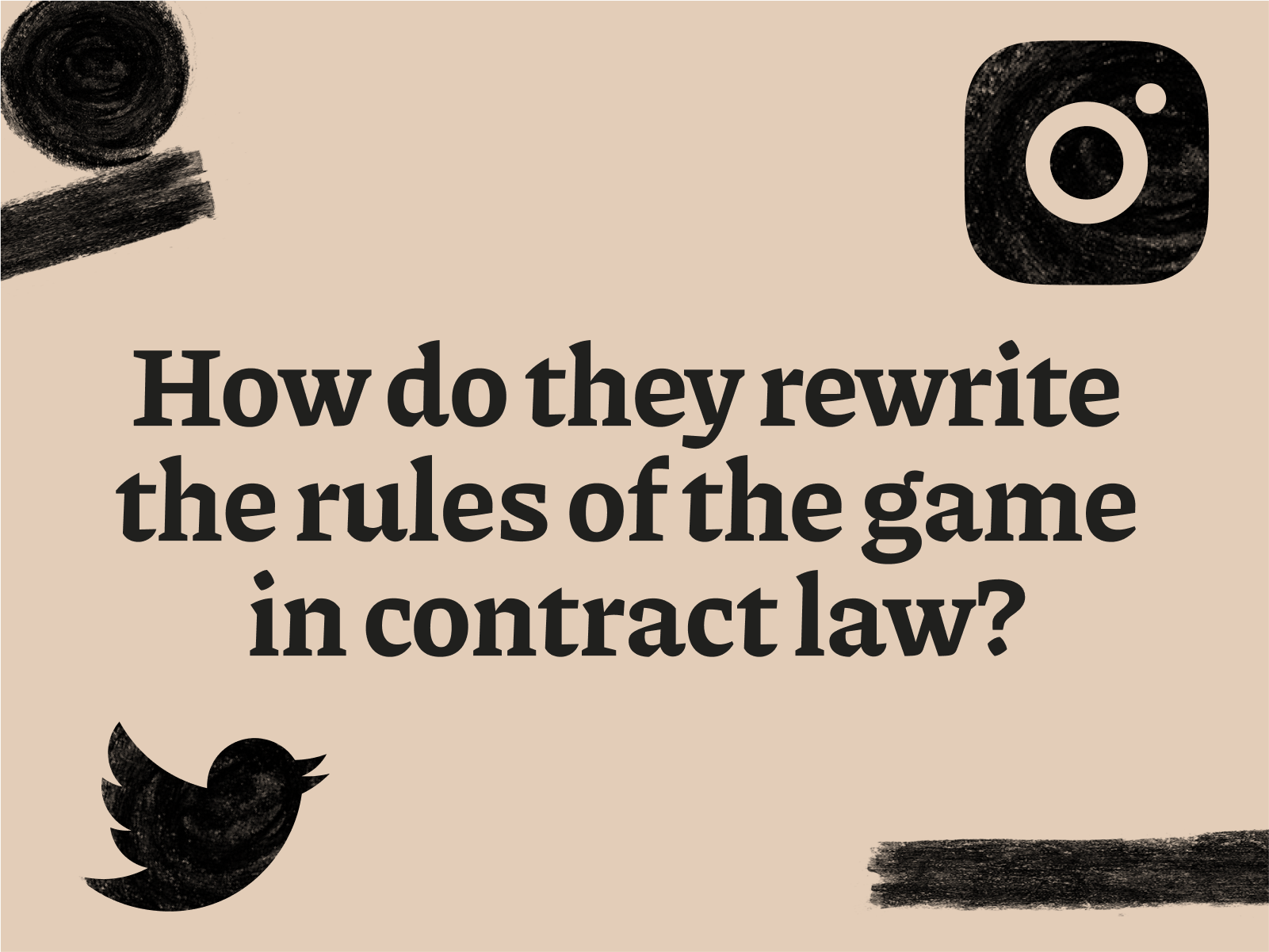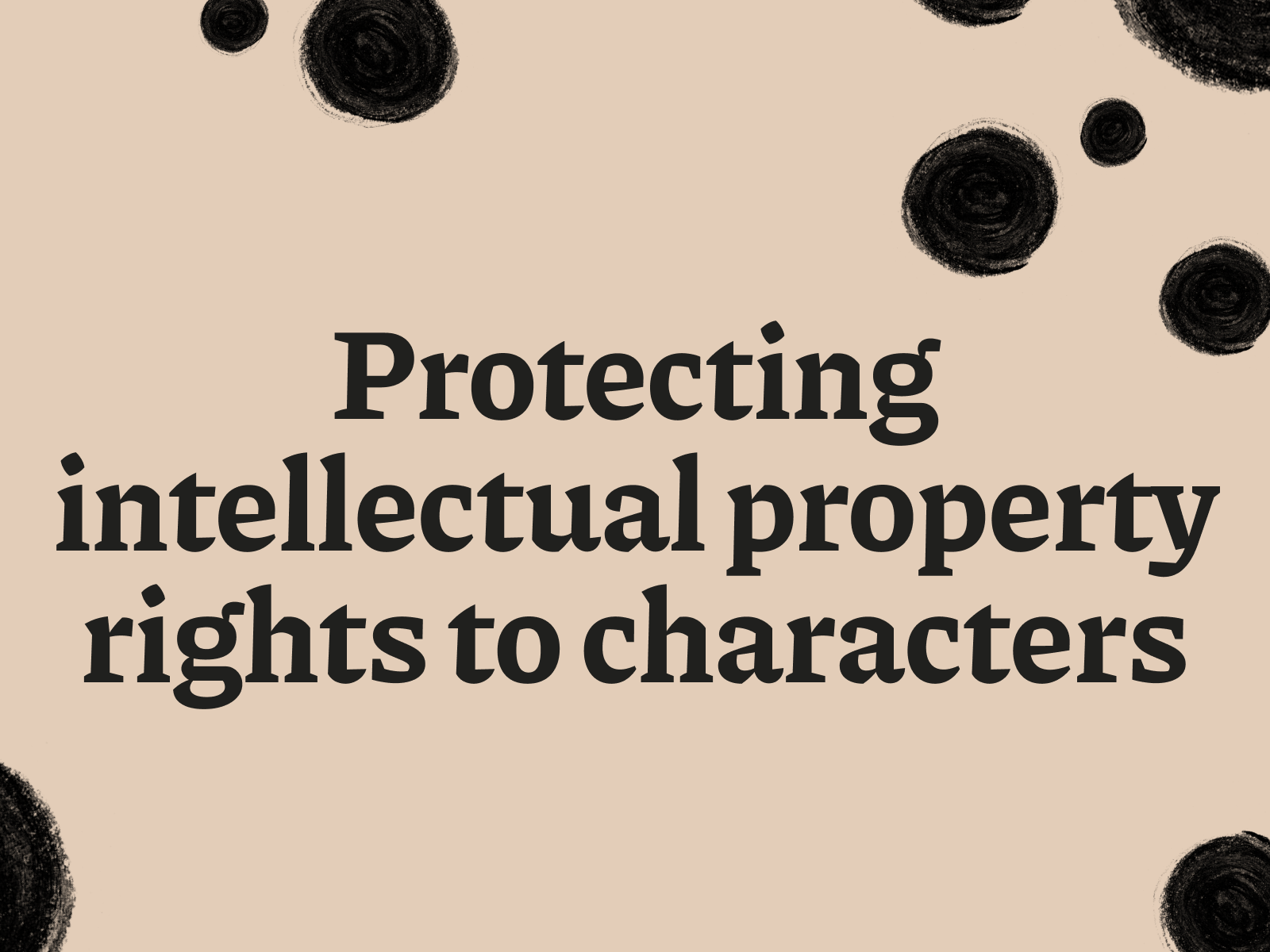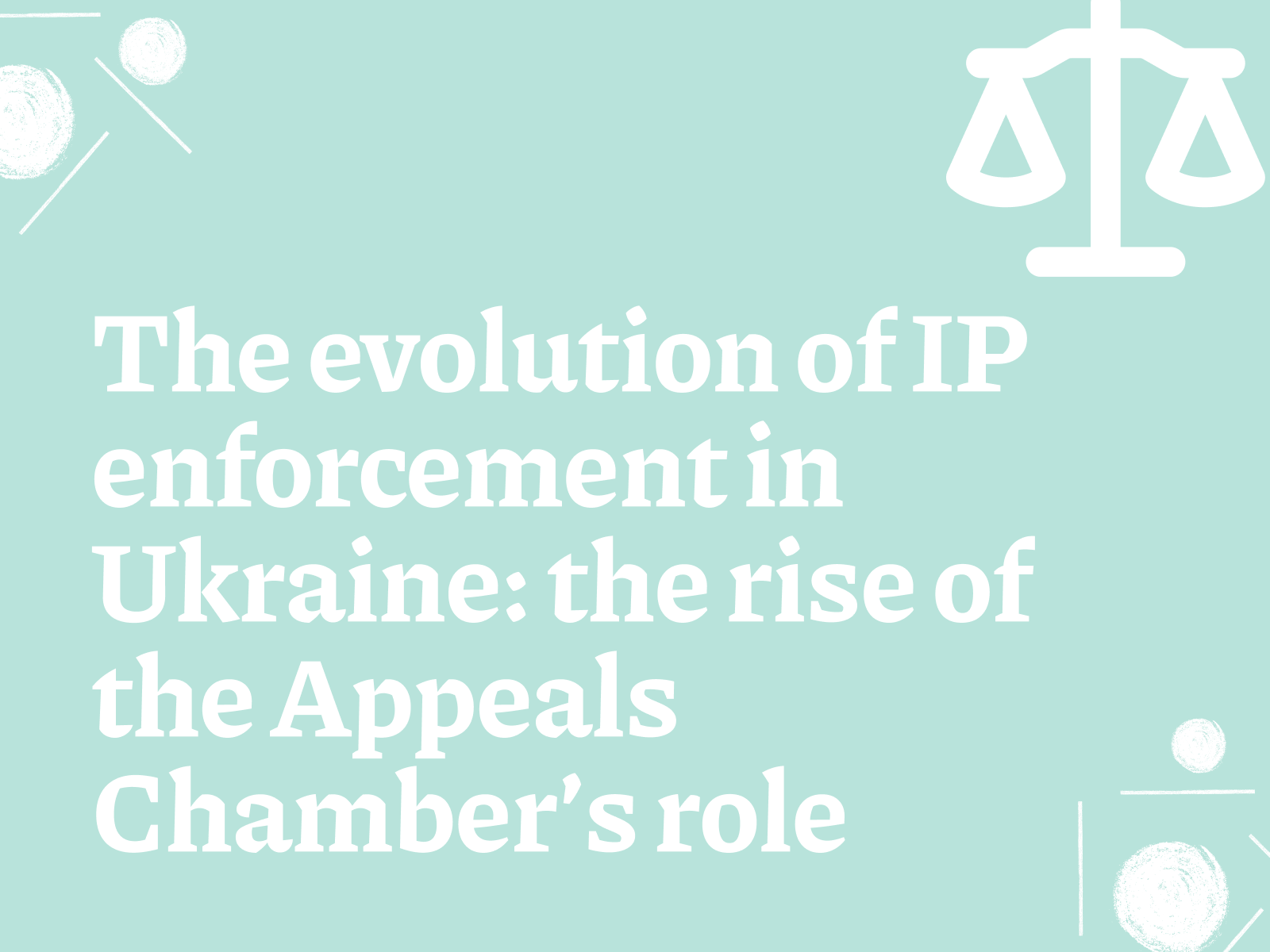The role of social media in contract law
In the modern world, social media is not only a platform for communication and information exchange, but also an important factor that affects various aspects of legal practice. In particular, social networks have become a significant factor in the context of contract law.
Using social media, parties of legal relations can discuss the terms of cooperation and drafting of related agreements, which affects their interpretation and execution, as the publicly expressed intention may be recognized as legally binding.
At the same time, materials contained in social media may be used as evidence in a contractual dispute. In particular, text messages, comments, or even publications are important to determine various legal aspects of legal relations.
E-mail correspondence: court practice
In this regard, it is worth paying attention to the legal position of the Grand Chamber of the Supreme Court set out in the decision of June 21, 2023 in case No. 916/3027/21, according to which the court may consider e-mail correspondence between persons in the messenger (as well as any other correspondence) as evidence in the case only if it allows the court to identify the authors of this correspondence and its content.
“The Supreme Court consistently adheres to the legal position that printouts of e-mail correspondence are neither written evidence nor electronic documents (copies of electronic documents) within the meaning of part one of Article 5 of the Law of Ukraine “On Electronic Documents and Electronic Documents Circulation”, which could, taking into account other evidence available in the case, reliably confirm the facts of the conclusion of contracts between the parties and their fulfillment in specific relations.
At the same time, if, taking into account the specific circumstances of the case, the court concludes that the relevant correspondence allows to identify its participants and can confirm certain arguments of the parties, for example, regarding the existence of relevant relations between them, conducting certain negotiations, etc., the court may accept such correspondence as evidence and in this case evaluate it together with other evidence in the case,” the Grand Chamber notes.
Likewise, the exchange of messages, joint group participation, reactions to publications – all this can be considered as manifestations of the will to create de facto contracts between users.
Thus, the Supreme Court in its decision of October 04, 2023 in case No. 991/2396/22 actually recognized correspondence in the WhatsApp messenger as evidence of communication between persons regarding the conclusion of a civil law transaction.
“Under such circumstances, the conclusion of the Court of Appeal that there were no violations in the study of correspondence in the WhatsApp messenger between PERSON_3 and PERSON_1, which, together with other evidence, indicates their communication regarding the sale of assets in respect of which the issue of their unreasonableness was being resolved, is justified,” the decision emphasizes.
Emoji as a consent element
No less interesting in the aspect of e-mail correspondence is the practice of foreign lawyers, in particular, in Latvia, where the Civil Division of the Riga Regional Court decided that the “thumbs up” emoji in official correspondence can be interpreted as written consent.
According to the case file, the specialist worked remotely; the management ordered him to come to the office on a specific day using a message in the Slack messenger. The employee left a “thumbs up” response to the warning, but did not show up for the meeting on the specified day, for which he was fired.
In resolving the labor dispute, the court was guided by the provisions of the Civil Code of Latvia, which states that in case of doubt about the meaning of words, one should be guided by their meaning and the clearly expressed or demonstrated intention of the parties to the agreement.
Further, the court decided to use the interpretation of the emoji from the Cambridge Dictionary, where “thumbs up” is defined as “confirmation of something”. The judges noted that the plaintiff could not but understand the meaning of this emoji.
Similarly, in Canada, a local court equated the “thumbs up” emoji with a digital signature.
In the case, the plaintiff ordered 86 tons of flax from the defendant in 2021. The parties agreed on the details of the transaction over the phone, after which the plaintiff sent the defendant a text message with a delivery contract and a request: “please confirm the flax contract”. The defendant responded with a thumbs-up emoji, but the flax was never delivered within the contractual timeframe.
The Saskatchewan landmark Court of King’s Bench sided with the plaintiff, citing the Dictionary.com definition, which states that the thumbs-up emoji is used to express agreement, approval or encouragement in digital communications.
The court also emphasized that although a signature is a “classic representation” of confirming someone’s identity, that does not prevent an individual from using modern-day methods – like emojis – to confirm a contract, and that an emoji can be used as a digital signature.
“I agree that this case is novel (at least in Saskatchewan), but nevertheless this Court cannot (nor should it) attempt to stem the tide of technology and common usage,” the judge concluded.
Summaries
In summary, as can be seen from the relevant case law, social media are revolutionizing approaches to contract law, making it more flexible, dynamic and adapted to modern means of communication.
At the same time, this new aspect gives rise to a number of legal challenges, such as the legal status of emojis, which can undoubtedly be defined as a tool suitable for expressing consent or signature in the field of virtual communications.









